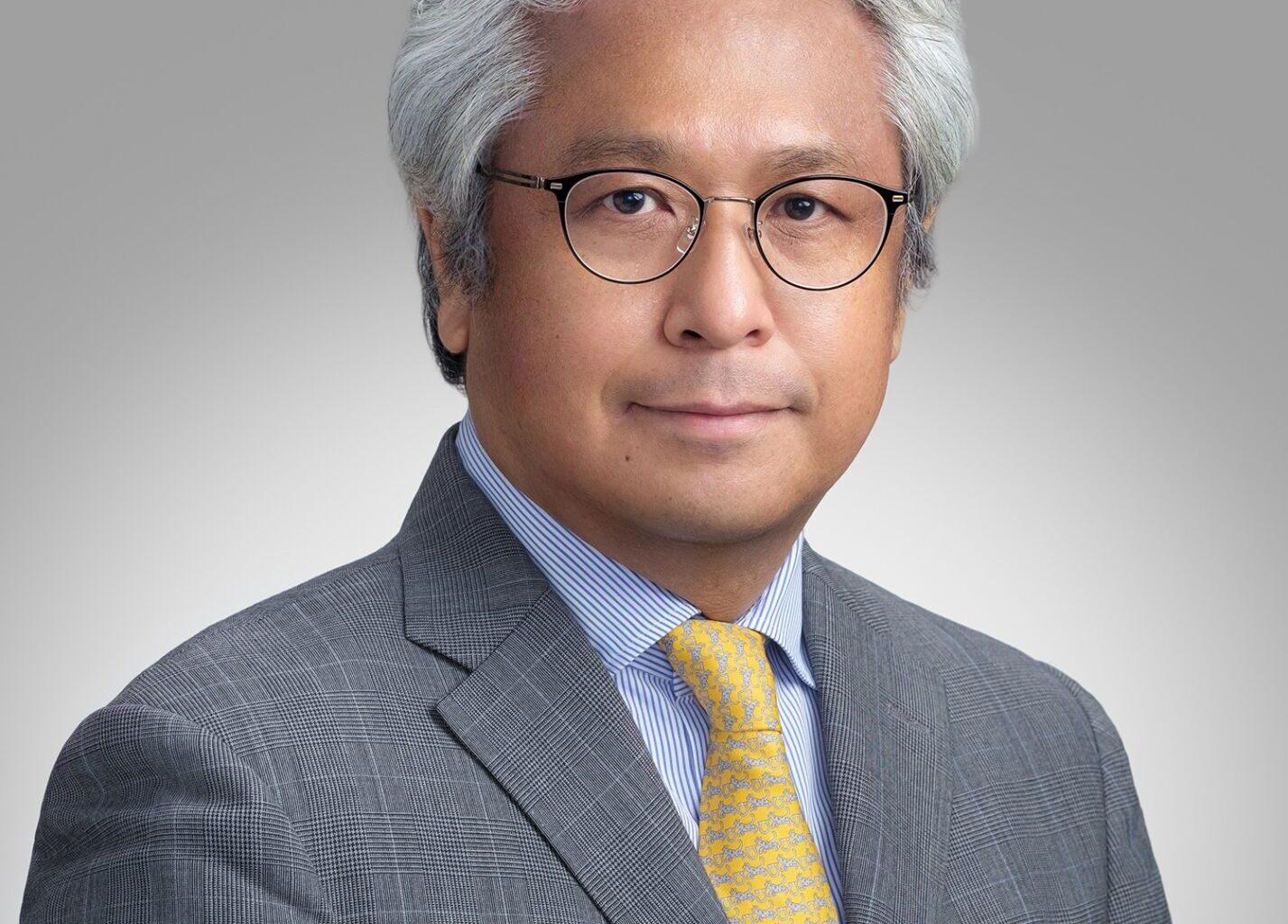
Few people can claim to have made more impact on Japan’s sustainable finance policies than Satoshi Ikeda, outgoing chief sustainable finance officer at the Financial Services Agency (FSA).
Ikeda took up the newly created regulatory role in 2019 and left office in July to join the SME unit of state-owned bank and insurer Japan Finance Corporation, where he is now in charge of expanding support for smaller firms in response to increasing US tariffs.
During his tenure, Ikeda was a key driver of the FSA’s approach to sustainable finance, which focused on developing guidance and net-zero roadmaps to grow transition financing for the key activities needed to decarbonise hard-to-abate sectors.
Reflecting on his time at the FSA, he says the initiatives around transition finance “are what I am most proud of”.
“Ensuring the credibility of transition finance was quite a challenge and it still is. However, we now see that our roadmaps and transition finance guidance are gaining momentum among sustainable finance investors and I’m very proud of that.”
Japan resisted calls to develop a sustainable finance taxonomy, a measure made popular by the EU, which introduced its pioneering framework a year after Ikeda took up his role at the FSA.
While describing himself as a “supporter” of the EU’s taxonomy-based green finance framework, he believes that the journey to net zero “requires support for decarbonising existing economic activities”.
“Just setting the bar high for being green now is not enough to incentivise people and companies,” he says.
Japan became the first sovereign to issue transition bonds – badged as GX, or green transition, bonds – in February 2024, and aims to raise a total of $130 billion from these bonds over a 10-year period ending in 2033.
Europe’s flagship taxonomy is now being considered for amendments to make it less complex and onerous under a wide-ranging ESG deregulation initiative, while Japan’s measures remain intact.
ESG pushback
While other jurisdictions have seen a waning of corporate enthusiasm and support for sustainability topics, this has not been the case for Japan, according to Ikeda.
“When you can develop a narrative that connects climate action to competitiveness, people are much more easily convinced,” he says.
“I think most manufacturing and tech companies in Japan view the efforts towards net zero as a potential opportunity for their businesses, and that argument still holds despite the backlash we are seeing around the world.”
He contrasts Japan’s experience with that of other jurisdictions, where he believes a well-intentioned focus on the long term resulted in a perceived sidelining of current concerns and worries.
Some segments of the sustainable finance community “talk too much about the long term”, says Ikeda.
“The so-called tragedy of the horizons calls us to enhance preparedness for future events, but some of us failed to see short term and address certain societal issues that are happening right now.
“As a result, places in the US like the Rust Belt, and others with declining living standards, had a lot of anger around feeling ignored and this contributed to election results. The lesson I think we should learn is that the long term is a continuation of the short term, so we need to pay heed to it as well.”
According to Ikeda, awareness of sustainability and climate change in Japan gained traction when the FSA and the Japanese government made a push for companies to start making climate-related disclosures aligned to the Task Force on Climate-related Financial Disclosures (TCFD) framework in 2019.
At the time, he says, the topics “had not made it onto the agenda for Japanese corporates”.
There was significant scepticism among the Japanese corporate community, he says, but the FSA and other government ministries worked in collaboration to convince them that “decarbonisation is critical to maintaining and further enhancing competitiveness”.
This included forming a TCFD Consortium – supported by the Ministry of the Environment and the Ministry of Economy, Trade and Industry – to provide guidance and technical support, having local exchanges support corporate disclosures, and supervisory requirements from the Bank of Japan for lenders to disclose actions on meeting TCFD disclosures.
Investor criticisms
It has not all been plain sailing, however. Japan’s GX bonds – and its overarching national energy transition plan, called the GX plan – have been criticised by green groups and investors for prioritising new and untested technologies that could prolong the use of fossil fuels over existing cleaner energy sources.
Japan’s strategy focuses on developing alternative energy sources such as ammonia and hydrogen, which can theoretically be combined with fossil fuels to make combustion less polluting, and ramping up the use of carbon capture and storage (CCS).
Ikeda has taken swipes at these criticisms in the past, telling Responsible Investor that investors should provide financing for clean energy projects “rather than calling for such obvious [decarbonisation] policies without committing any money to realise them”.
Investors assume that because sunlight and wind are everywhere, renewable energy is a universal option for everyone, but this is not necessarily the case, he tells RI.
Ikeda points out that environmental constraints in Japan, such as mountainous terrain and shallow water, make developing renewables such as solar and wind power treacherous and expensive.
“Each country must make an effort to install as much renewable capacity in their energy mix, but that does not necessarily mean that this will add up to match their overall demand. We should think of the energy system as a global system where those that are able to generate the most clean energy will trade with countries that are less able to.
“There are certain concerns expressed by the investors over hydrogen and ammonia-based energy projects, but the intention is that these could provide a cheaper source of clean energy which could contribute to such a global energy trading system. We need to test to see if this is feasible.”
Asked if he has any advice for his successor, Fuminori Takaoka, Ikeda mischievously quotes the Clark Gable line from Gone with the Wind: “Frankly, my dear, I don’t give a damn!”, adding: “I think he should leave his own mark and do things his way.”
